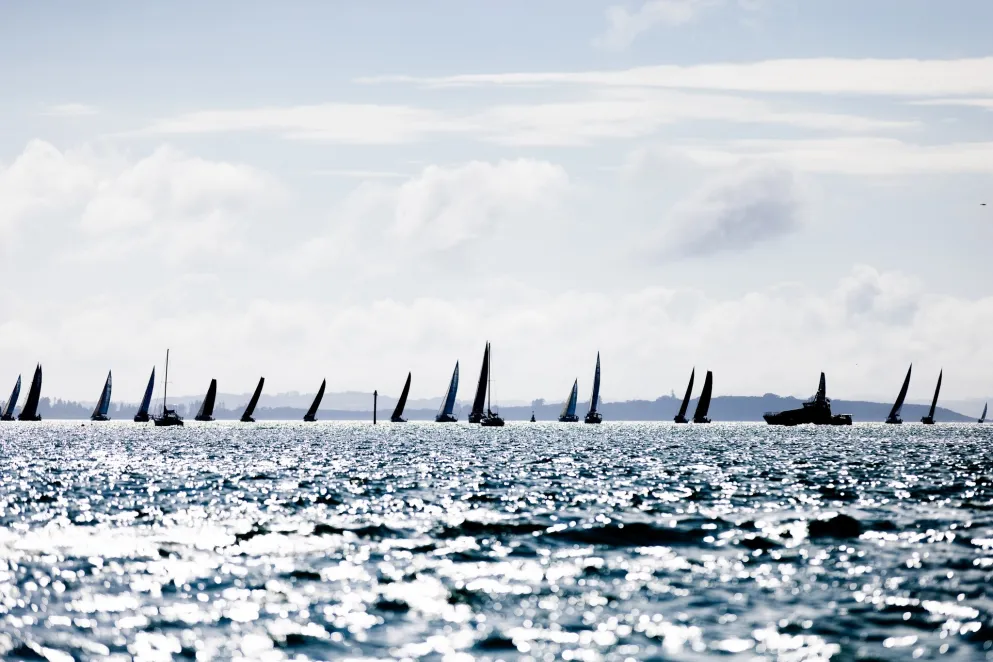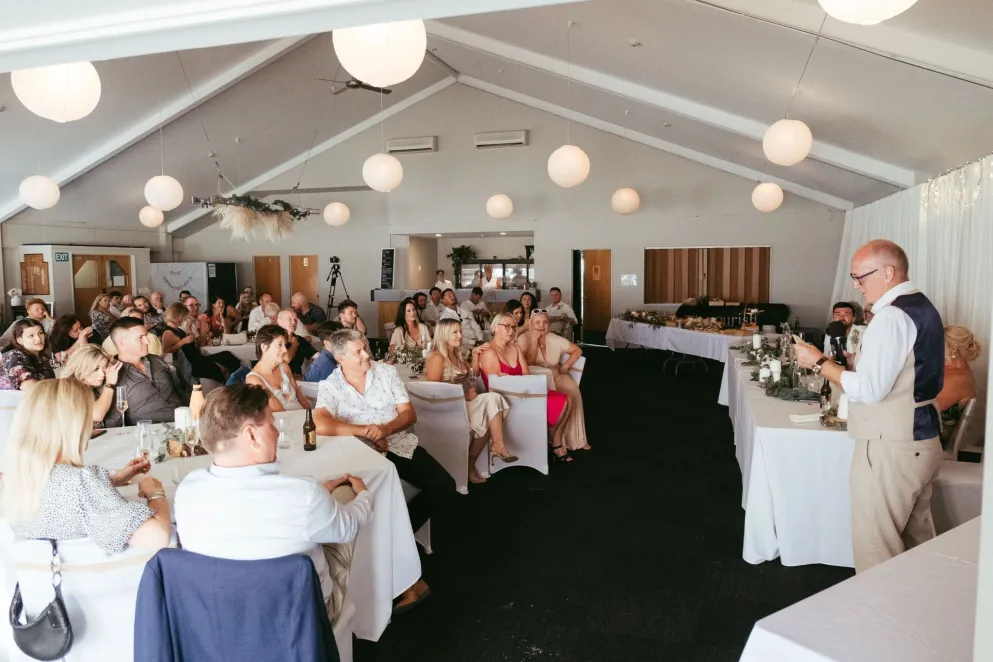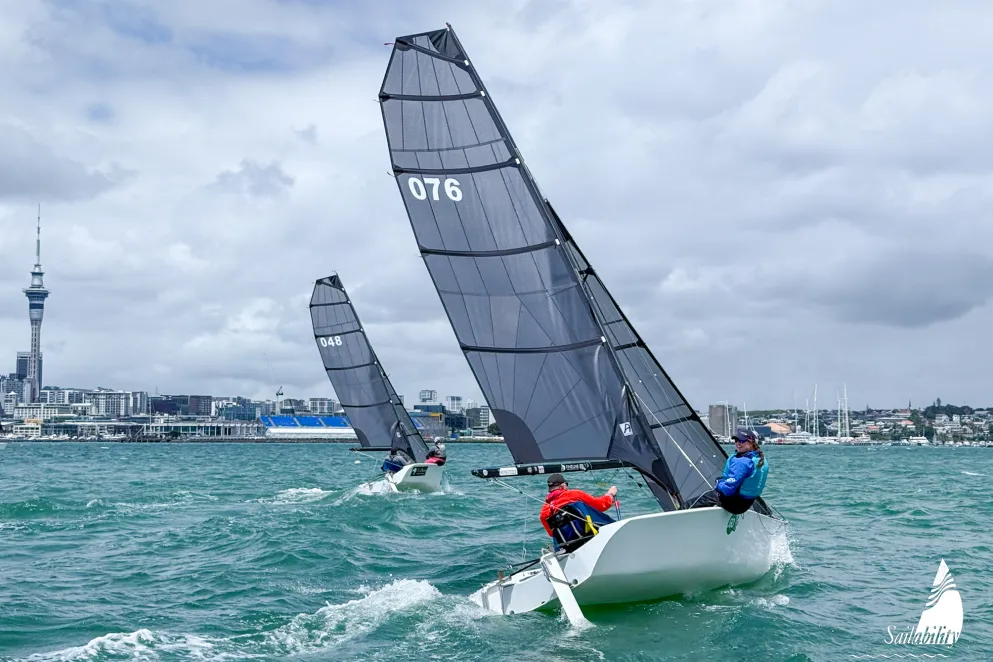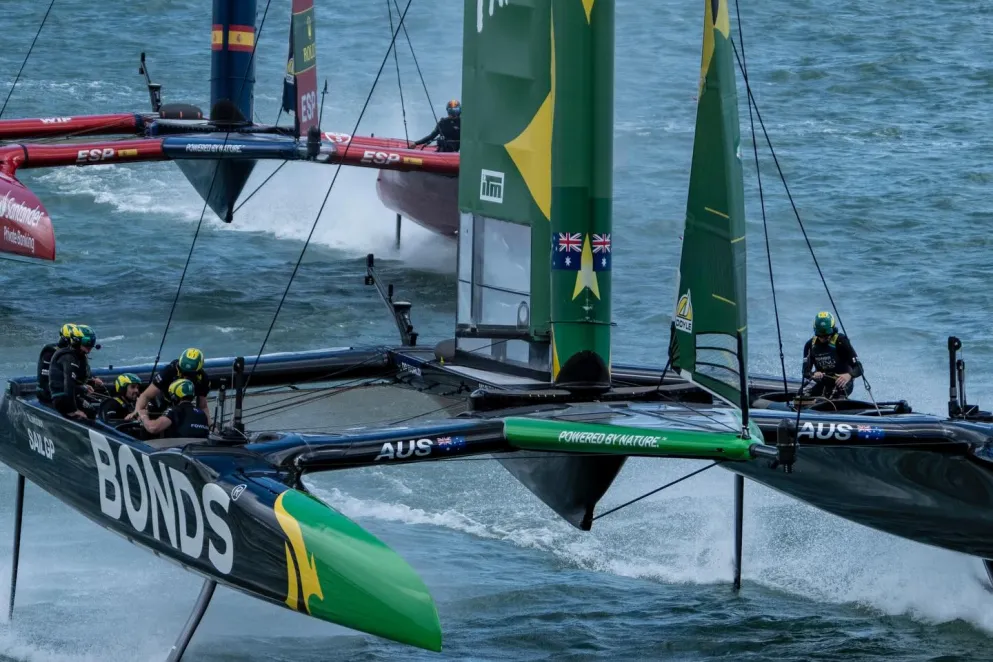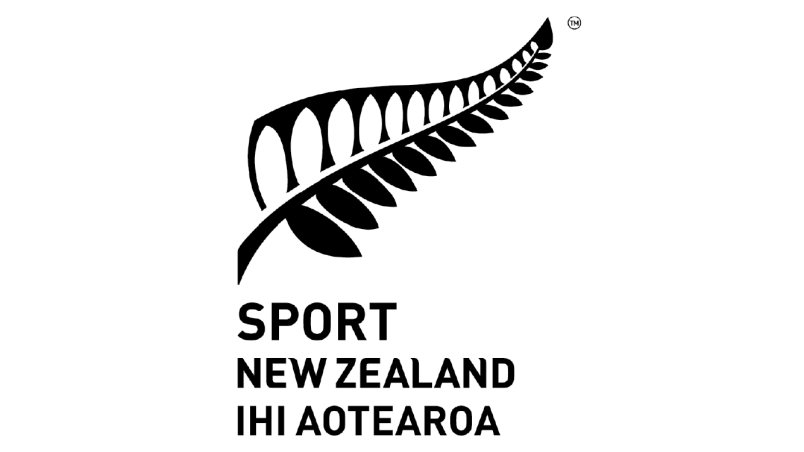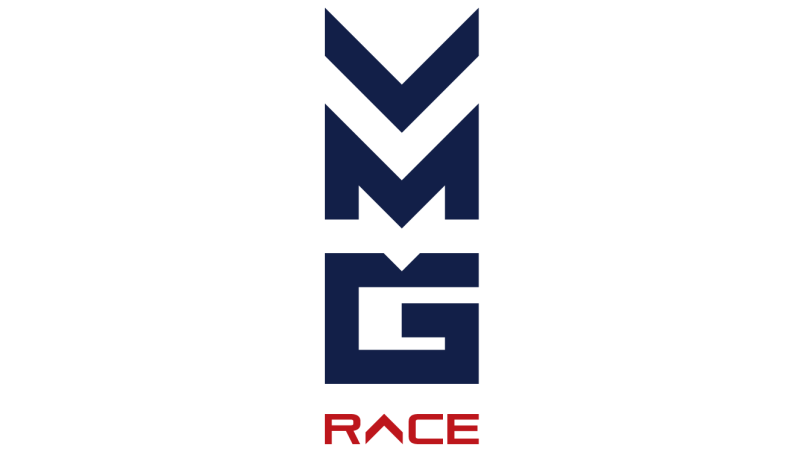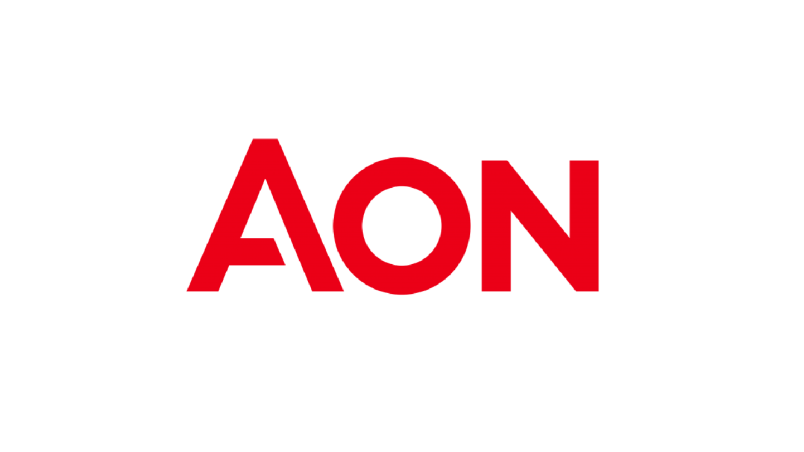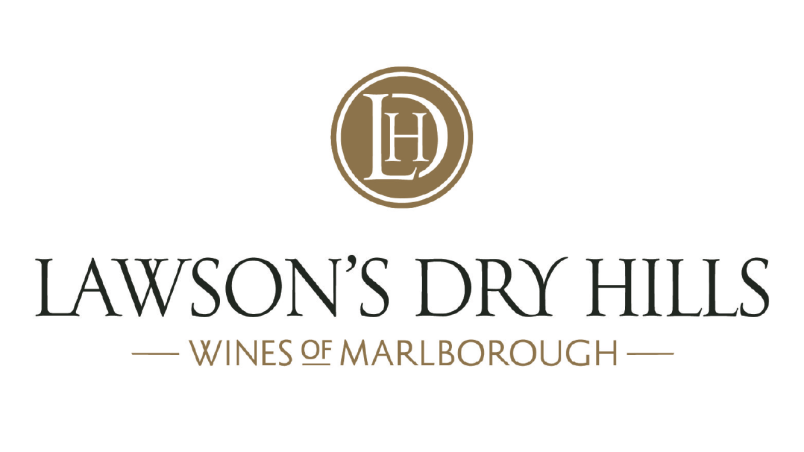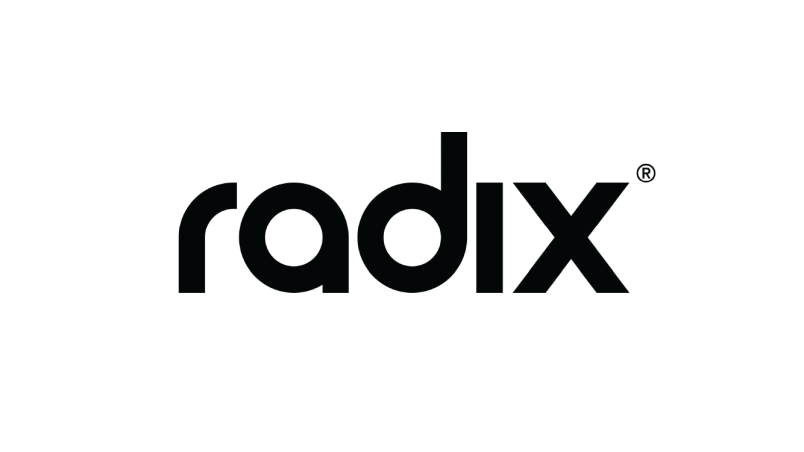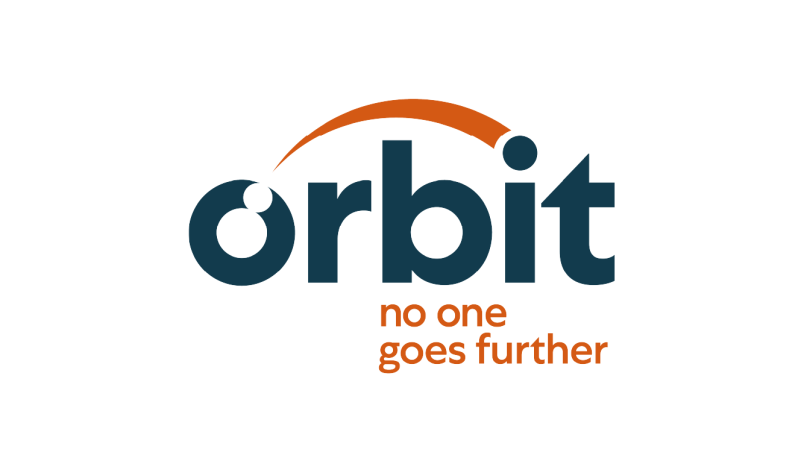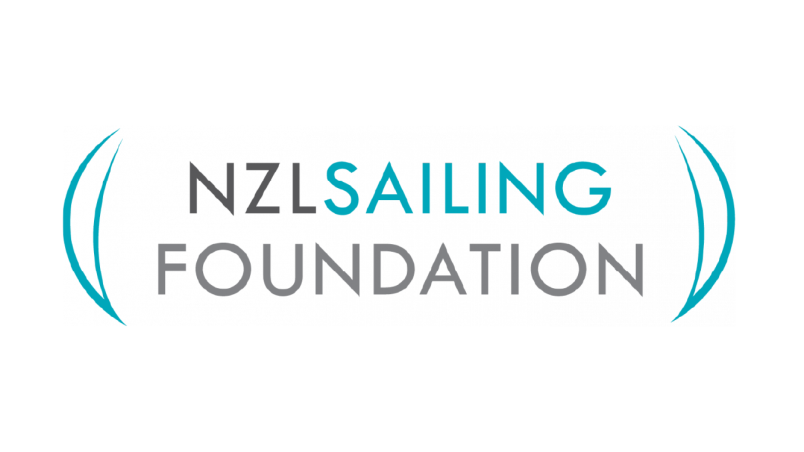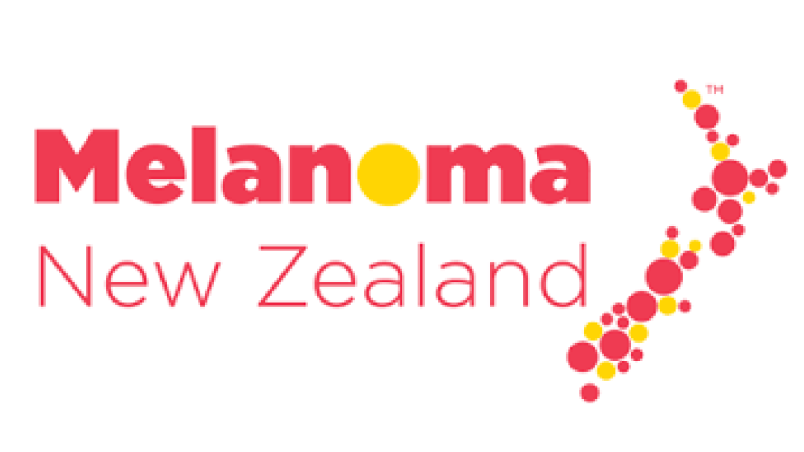Passionate about keelboats? Join our PHRF committee
Yachting New Zealand is inviting passionate keelboat sailors to join the national PHRF committee and play a key role in maintaining fair and open competition across the country's racing fleets.
The PHRF - or Performance Handicap Racing Fleet - system is a national performance-based handicapping tool designed to create equitable racing for keelboats and trailer yachts, particularly in interclub and mixed-fleet events.
The system is administered by a sub-committee of Yachting New Zealand's Coastal, Inshore and Offshore Racing Committee (CIORC), made up of experienced sailors and boat owners who volunteer their time to review and finalise each rating.
Raynor Haagh, Yachting New Zealand's general manager for community and development, said the committee's contribution is vital to the sport.
"The committee is always trying to maintain a balance between keeping things relatively simple while continually refining their approach. They also need to keep pace with developments in the fleet, such as sail innovations and modifications like water ballast, and ensure every boat is assessed fairly."
Each yacht's actual race results influence its three performance ratings - inshore, passage, and shorthanded. Beneath these, a set of base ratings capture the yacht's design and configuration, including factors like the type and size of downwind sails, as well as expected performance.
These base ratings can also be compared with similar yachts racing overseas under other rules, such as IRC, providing a useful benchmark for the fleet against other rating systems.
Haagh acknowledged the potential for conflicts of interest among committee members who are also active racers but said these are carefully managed.
"Committee members don't get involved in assessing their own boats," she said. "Overall, we feel it's far more important to have active sailors involved because it helps ensure the committee remains relevant, informed and grounded in real-world race conditions. It also means the committee are able to sense check what their ratings software produces against what is happening in the race fleets."
The committee also fields queries from boat owners, which Haagh said is an important part of building understanding and transparency.
"Owners may not always agree with every rating, but they'll gain more insight into the process - and anything that improves knowledge across the fleet is a positive."
